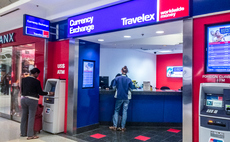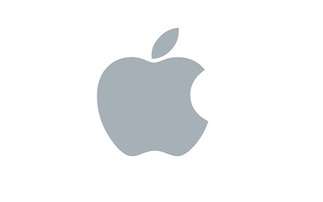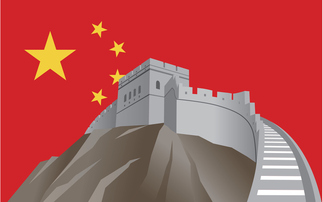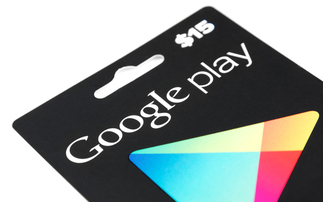If workplaces, schools and colleges are to reopen safely, the evidence shows we need to reduce our reliance on proximity tracing
Contact tracing is the identification of people who may have been exposed to someone with COVID-19. Contact tracing is well recognised as one important part of an overall campus and workplace safety programme. The other key components include health screenings, return-to-site authorisations, isolation processing, COVID-19 testing and facility management.
In this article, I'll explain Appian's science-based approach to contact tracing.
Technology alone won't solve contact tracing
Preventing the spread of COVID-19 requires building trust within your community, trust that we can keep your teams and students safe without compromising their privacy. Contact tracing can't rely on technology alone, it is very much a human challenge. If people don't trust the solution, they won't adopt it.
Appian's contact tracing is based on timely self-reporting and case management, not digital proximity beacons or location-tracking technology that can feel like spyware, and are ill-suited for the task.
This is important because proximity is only a very weak indicator of transmission. On average, a person with COVID-19 infects one other person, but they come within six feet of many, often dozens or even hundreds of people over the course of just a few days. However, the odds of getting COVID-19 by merely passing within six feet of someone carrying the virus is actually very low.
It should, therefore, come as no surprise that proximity-based, digital contact tracing apps aren't working out as planned and making headlines for all the wrong reasons. Proximity-based contact tracing technology may report scores of 'contacts' for every actual transmission, potentially causing unnecessary additional tracing for resource constrained teams. These false positives aren't helping anybody. Contact tracing requires a more sophisticated consideration of exposure risk, not just a ringing alarm every time a proximity sensor registers you came near the virus.
While certainly not the primary mode of transmission, COVID-19 can also be transferred by locations, not just people. While less contagious via surfaces, it's still a concern. By touching a doorknob, pushing a lift button, etc.
COVID-19 has also shown to behave like an aerosol in confined spaces, so a contact tracing technology needs to know about locations as transmission vectors, not just people. Appian's holistic solution links the details of your facilities to your people so contact tracing is more timely and accurate. Technologies that don't do this may grant a false sense of security.
Respecting privacy
Digital contact tracing using proximity beacons is frequently viewed as an overly intrusive invasion of privacy, and in many cases, people may refuse to use it. Appian's manual contact tracing with automated case management eliminates many of these privacy concerns. The elegant application design conveys trust and professionalism in a way no basic survey tool or homegrown solution can.
Contact tracing has to be benign enough that privacy-sensitive employees will participate. Our experience over the last few months helping large organisations respond to COVID shows that opt-in, self-reporting of location and people exposure is the best approach.
Appian's automated daily check-ins and comprehensive dashboards keep you on top of community health and ensure compliance while leaving users in control of what they disclose, minimising data collection, and keeping it safe in Appian's secure cloud. In addition, Appian's app makes it easy for users to find and review their organisation's privacy and data retention policies, increasing trust and compliance.
Contact tracing as integrated case management
Contact tracing within Appian isn't a bolt-on afterthought, but a core part of the overall Workforce Safety and CampusPass solutions. Information gathered during health screenings, virus testing, and other parts of the return-to-site process can be easily leveraged during the contact tracing process. Appian also provides the capability for contract tracking. Some organisations only perform contract tracking because contact tracing is delegated to public health officials. And unlike many other approaches relying on survey tools or CRM products, Appian contact tracing and contact tracking is fully integrated into our solution, not offered as an optional add-on application or module for you to integrate later.
With Appian, your team can evaluate and mitigate COVID exposure risks with speed and accuracy because it's built with Appian's industry-leading case management capabilities. At its core, the act of tracing virus exposures is case management. It requires creating a case, assigning owners, creating tasks, and managing the full process. Appian helps automate these workflows at scale to manage your organisation's unique risk profile and better protect even the largest communities.
Without it, an organisation's COVID response may be rendered piecemeal making the entire process slower and less efficient, increasing the risk of COVID-19 spreading before all the exposures have been identified.
The contact tracing challenge isn't all about people, and the answer isn't all about technology - Appian's manual contact tracing approach enriched with automated case management and other critical features of our COVID-19 response solutions is the best way to reopen campuses and workplaces safely.
Michael Beckley is Appian Founder and CTO




















